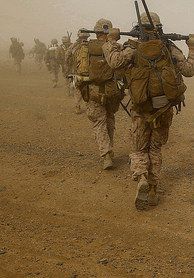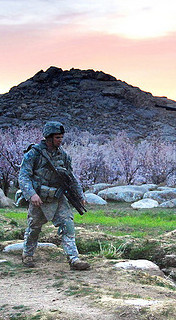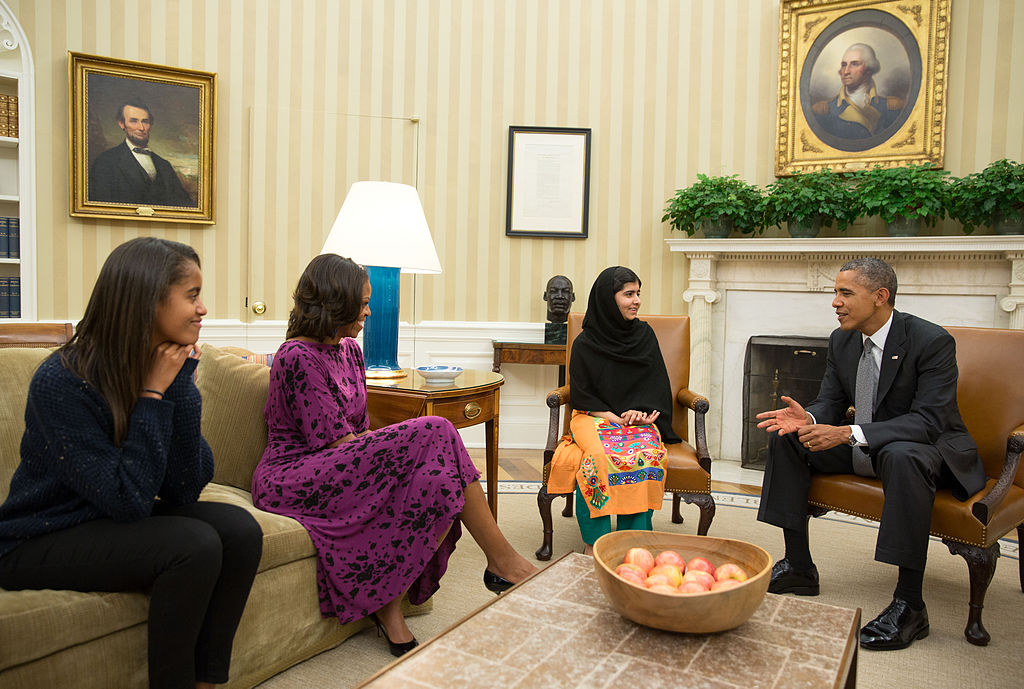A Call to Reason and Cooperation in Dealing with Increasing Global Terrorism
/ISRAEL - It is always the innocent who end up suffering the most, no matter what the conflict happens to be. This is a sad reality of the world we live in, and one in which we are confronted with daily, because of an increase in global conflict, terrorism, and the instability of nations. Weaponized hatred and terror has significantly increased in the present day, as leaders of extremists’ groups radicalize individuals and deploy them in unexpected attacks which are difficult to predict. The inability to anticipate these attacks has resulted in nations being forced to introduce stringent security measures that are more restrictive on innocent citizens, but at the same time fail in curtailing the acts of real terrorists, who often slip through undetected.
The recent terror attacks in Paris and Brussels are both examples of radicals who inflicted mayhem in a misguided attempt to express their loyalty to groups like ISIS. These individuals were easily manipulated into committing a series of reprehensible acts; acts which were concocted without any real goal in mind other than to instill terror, confusion, and suspicion. Unlike true revolutionaries, who have set and clearly defined objectives (which may at times result in violence), and whose methods are usually meant to garner support for their cause, these radicals are primarily focused only on differentiating themselves from whatever element they strove to rebel against. In short, their acts of terror promise peace if only the citizens would choose their cause over that of the incumbent government. Usually, nothing could be farther from the truth as citizen’s usually replace the devil they know with an equally deceptive regime.
It is a sad matter of fact, but domestic and international terrorists are only increasing in their attempts to target America, the E.U., Africa, Asia, and the Middle East. Indeed, few places in the world now seem off limits. At times, it seems as if these terrorists enjoy a twisted pleasure in targeting innocent men, women, and children- regardless of their country of origin, background, or religion. When people think of terrorism, they usually associate it with organization such as ISIS or Al-Qaeda. In reality, however, these groups are not always behind the attacks. There are just as many attacks by ‘lone’ wolves (individuals who act on their own accord) who seek revenge for real or perceived offences. Such was the case with Yosef Haim Ben David, an Israeli settler who orchestrated the murder of 16-year-old Mohammed Abu Khdair, who was beaten and burned alive in the summer of 2014. By his own admission, Ben David admitted that Khdair’s murder was largely in response to Hussam Qawasmeh’s kidnapping and murder of three Israeli teens in the West Bank in that same year. These examples are particularly worthwhile to note, because they go to highlight the fact that acts of terror are not always attributed to any one side or the other. Instead, they should be seen for what they are - baseless crimes of hate. Blame for these actions should be placed squarely on the person or persons who are solely responsible for perpetrating these heinous acts.
On Tuesday, 19 April 2016, the BBC News reported that the ringleader in the murder of Abu Khdair was found guilty by an Israeli court. Ben David has yet to be sentenced, but judgement is anticipated to be harsh and followed by a lengthy prison sentence. Meanwhile, in a similar case, The New York Times reported on January 6, 2015 that Hussam Qawasmeh, the Palestinian behind the Kidnap and Murder of the 3 Israeli teens, received 3 consecutive life sentences for his role in the murders. Both cases are extreme examples of people who acted on their own accord; individuals who took out their anger on innocent bystanders, in a misguided attempt to inflict pain on those whom they perceived as having harmed or insulted them. While they truly believed they were furthering the agendas of their governments, the fact of the matter is that in reality they had little or no insight into the broader political and security process which governments take into consideration when combating terrorism. The heinous acts committed by these men are theirs alone, and for these crimes they have been judged and found guilty. It is a case in which respect for and protection of human rights trumped all other agendas.
By the same note, it is the job of respective governments to strive to put aside their differences when confronting the global threat from extremists. World powers must unite in this endeavor, and the responsibility of overcoming these threats must be shared. Great examples of this can be seen through the workings of countries such as India and Pakistan, who have recently learned to cooperate in tackling this issue. Just this past month, for example, The Indian Express reported that intelligence from Pakistan’s security apparatus was shared with its long-time rival, India, in preventing a large-scale terror attack from being carried out on Indian soil. This selfless act undoubtedly helped to save lives and must be praised for showing what can be achieved when countries work in setting aside their personal differences, and instead choose to protect innocent civilians - regardless of their creed or nationality. Countries in Africa, Asia, and the Middle East can (and indeed should) all learn to follow suit, because It’s not too late.
What people must now come to a consensus on is that tragedy should cease to be politicized. Pain is not a zero-sum game. One tragedy, should not work in taking away from another. Nor should it justify it. In this sense, the pain and strife which has befallen the Palestinian people, for example, should not take away from the pain and strife which is now unfolding in Israel. Both sides are equally right in hurting, and both sides must learn to empathize with the other. Only in this way, will real progress be made. Not only in the now decades-old Israeli-Palestinian conflict, but also throughout the traumatized region.

















































